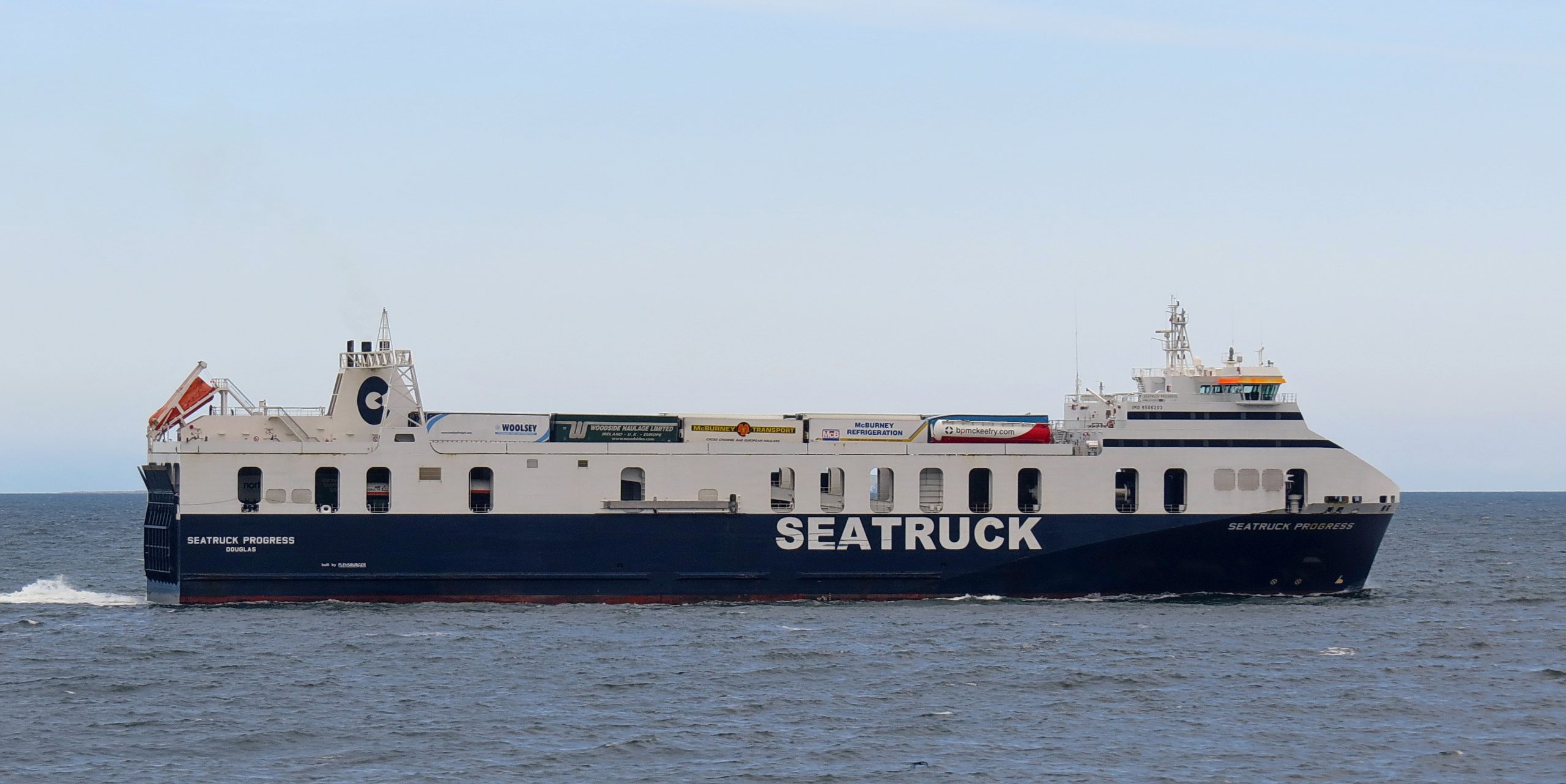Buisness leaders in Northern Ireland are demanding £100 million cash-compensation from the UK government for any disruption to trading caused by Brexit.
The call comes following a meeting between leading entrepreneurs, business people and politicians on Friday to discuss fears surrounding increased costs arising from the effective trade barrier down the Irish Sea.
In a rare show of cross party support in Northern Ireland, Sinn Fein, the Democratic Unionist Party and other parties have put their weight behind four amendments to Brexit legislation that will be debated by parliament on Wednesday.
The amendments are proposed by 12 groups representing different sectors in the region but senior government sources have warned they face “high hurdles” to get them through, according to the Guardian.
Best and worst case scenarios
The group is seeking “unfettered” access to trade across the Irish Sea as well as consultation with the devolved government at Stormont pertaining to any new regulations resulting from Brexit that affects Northern Ireland; and compensation for negative impacts which could cost more than £100 million.
“In the best-case scenario, these amendments go through, and we have protected Northern businesses and consumers,” said the director of Northern Ireland Retail Consortium, Aodhán Connolly.
“In the worst-case scenario, we have raised and waved a very large flag in Dublin, London and Brussels that Northern Ireland ‘sorted’ is simply not true.”
Connolly, whose consortium is one of the 12 groups behind the amendments, said industries in Northern Ireland faced additional costs that “could run to tens of millions”.
‘We didn’t vote for it – we shouldn’t have to pay for it’
Colum Eastwood, the leader of the Social Democratic and Labour party (SDLP), and newly elected MP for Foyle, said: “People here did not vote for this future, we should not be expected to pay the price for it in jobs and lost opportunities.”
When Boris Johnson was questioned about how his Brexit withdrawal deal would impact on Northern Ireland during the recent election campaign, he repeatedly promised businesses will face “no barriers of any kind”. The prime minister went so far as to instruct businesses told to fill out new paperwork, to call him and he would tell them to throw the forms “in the bin.”
‘Very clear there will be checks’
However, under Johnson’s agreement with the European Union, Northern Ireland – unlike England, Scotland and Wales – will continue to adhere to the EU customs codes and thereby be subject to formalities including customs declarations.
Ireland’s tánaiste (deputy PM) Simon Coveney has repeatedly challenged Johnson’s interpretation of his own deal saying it was “very clear” checks would have to be made on any goods transported between Great Britain and Northern Ireland.
“The EU has made it clear they want to minimise the impact on goods coming from Great Britain to Northern Ireland, but at the same time goods coming from Great Britain to Northern Ireland will need to have some checks to ensure that the EU knows what is potentially coming into their market through Northern Ireland,” said Coveney in early December.
The group representing the sectors behind the amendments to Brexit legislation includes the Confederation of British Industry, Ulster farmers Union, the Northern Ireland Food and Drink Association, and Manufacturing Northern Ireland.




